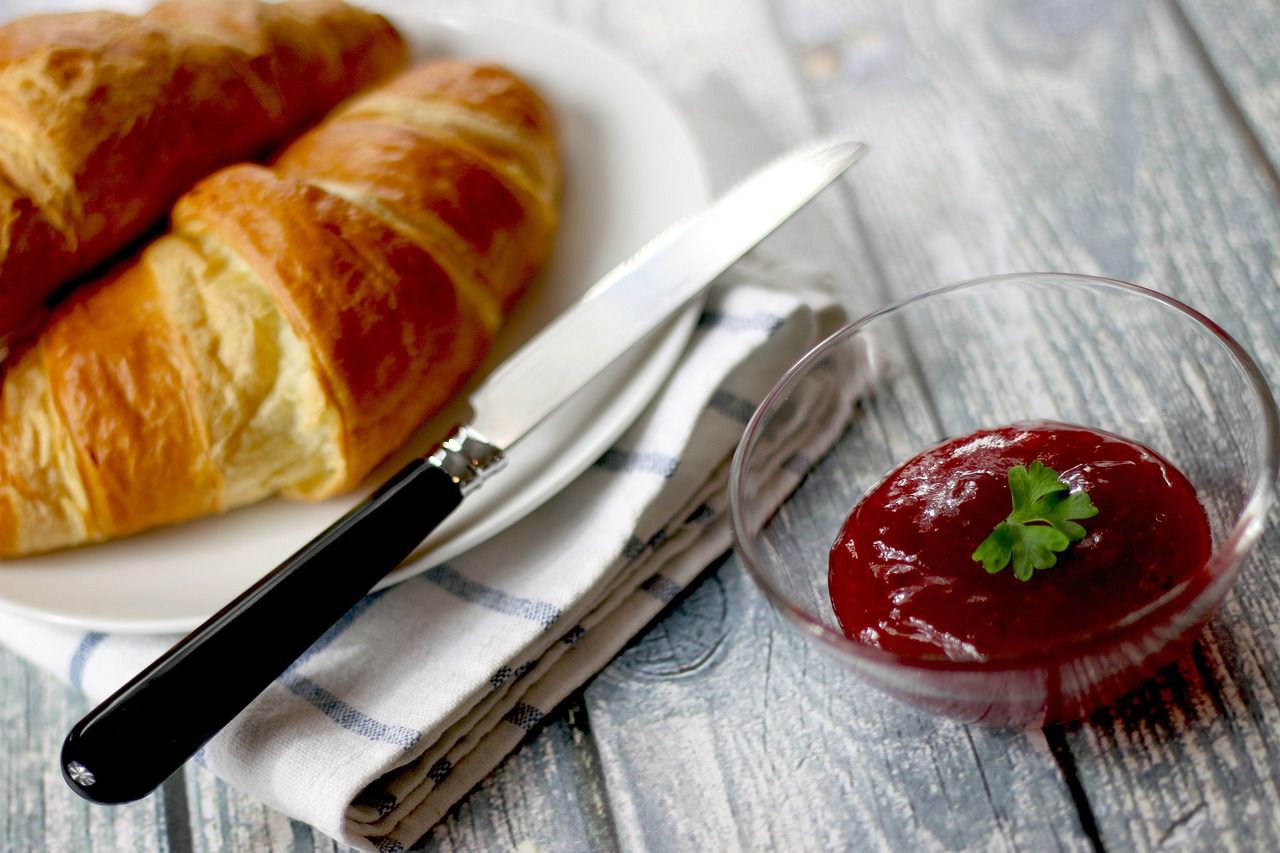How you can ruin your puff pastry: The most popular mistakes
Puff pastry is one of the tastiest things when done properly, so lots of people use it while baking.
At the same time, it's way harder to cook it properly than some other types of pastry.
Here are some popular mistakes lots of people make.
Allowing the dough to get too warm
Puff pastry dough should be kept chilled throughout the entire process to maintain its desired texture.
If the dough becomes too warm, the butter layers can melt, leading to a less flaky and less puffy final result.

Rolling the dough too thin or too thick
Rolling it too thin can prevent the layers from puffing up, resulting in a dense and flat pastry.
On the other hand, rolling it too thick can make the layers less distinct and prevent them from expanding fully.
Not chilling the dough between folds
After each fold in the puff pastry making process, it's important to refrigerate the dough for a short period to let the butter firm up again.
Overworking or excessive handling of the dough
Overworking the dough can cause the butter to incorporate too much into the layers, leading to a less distinct puff and loss of flakiness.
It's best to handle the dough as little as possible and work with cool hands or use a lightly floured surface to prevent sticking.
Baking at the wrong temperature
Baking at a low temperature can hinder the puffing process and result in a dense texture.
